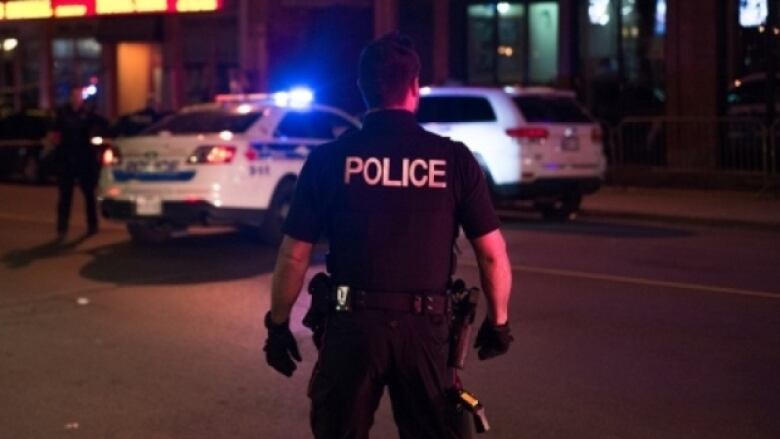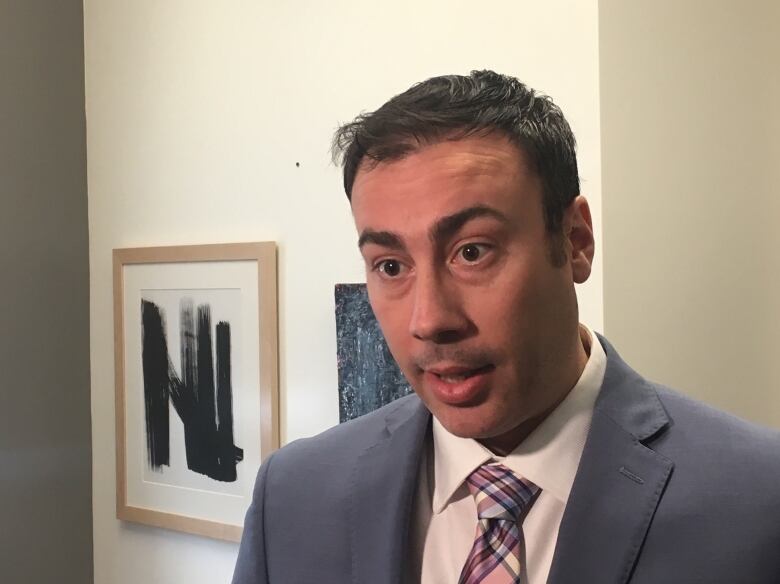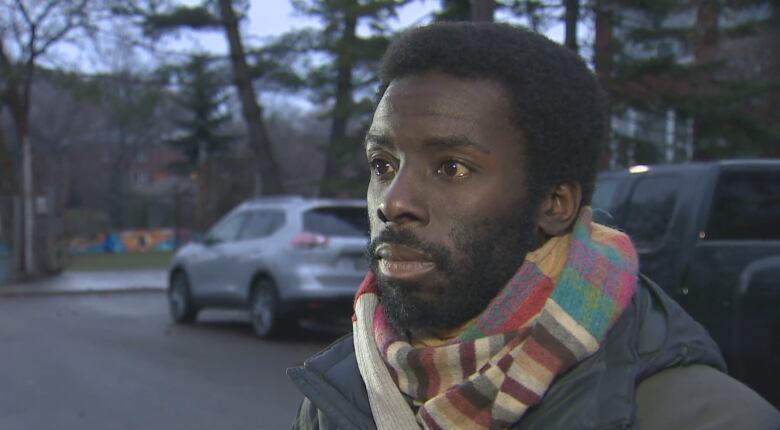Tying crime surge to new carding rules 'preposterous,' critics charge
Ottawa police association president attributed Ottawa's recent crime wave to restrictions on street checks

Critics of the police practice known as carding don't believe the recent surge in violent crime in Ottawa is linked to new rules restricting how police conduct street checks.
Carding, known in some jurisdictions as "community contact policing," is when officers stop, question and demand identification documents from members of the public, even when they're not suspected of any specific crime.
For the police to say that they're somehow hamstrung by these regulationsis, in my mind, preposterous.-LeoRussomanno, criminal lawyer
Ontario introduced new regulations last year banning the practice in specific situations.
Earlier this week, Ottawapolice association president Matt Skoffdrew a direct linkbetween thedecrease in police interaction with the public that resulted from thechanges,and the recent spike in violent crime in the city.
"It's utterly without foundation," saidcriminal lawyer LeoRussomanno.
- New street check rules contributing to violent crime, police union says
- Critics doubt new police stats on street checks
- FIRSTHAND | The Skin We're In
"It's very dangerous to make that suggestion. The fact is, there are exceptions in those regulations that are very wide, and they allow thepolice to perform certain checks when they're investigating a particular offence," Russomannosaid.
"So for the police to say that they're somehow hamstrung by these regulationsis, in my mind, preposterous."

Skof was responding to areport to the Ottawa Police Services Board on regulated police interactionsthat showed a dramatic decrease from thousands of checks in recent years to just sevenin 2017. Skof claimedthere was a "correlation"between "alack of interacting with the public and an increase a sharp, dramatic increase in the number of shootings."
No data to back up claim: critic
Toronto journalist andactivist Desmond Cole doesn't believe that. He said Skof has been misrepresenting the regulations "say since they were drafted."
Cole has been a vocal opponent of police carding for years, even going as far as shutting down a Toronto police board meeting to demanda complete end to the practice.
In2015 hewrote an award-winning article for Toronto Life documenting his own personal experience with police street checks, which he said he'd experienced more than 50 times.
"[Skof]has capitalized on the fact that there's poor public information about this, that there is fear amongsome quarters of the public," Cole said."If there are 40 murders in a city one year and 60 the next, can you attribute that really to one factor?Dothey have data to back that up? No."
- Toronto police board meeting shut down as critics continue to take aim at carding
- Ottawa police stopping Middle Eastern, black drivers at 'disproportionate' rate: report

Building trust
Cole believes ifpolice want to solicit the help of community members in solving crimes, they're going to have to abandon the practice of carding altogether andbuild trust instead.
"Why would people, who are being profiled by the police in Ottawa, trust thepolice with information about a crime? If they feel like they've been victimized but they also feel victimized by the police, why would they go to the police?" asks Cole. "It doesn't make logical sense for them to do it."
Researchconducted byYork Universitybetween2013 and2015 found thatMiddle Eastern and black drivers,particularly young men, were far more likely to be stopped by Ottawa police than other drivers.
"The data speaks for itself about what the impact ofthesestreet checks have been on racialized communities," saidRussomanno.
"I would submit the regulations don't go far enough to actually protecting the groups that have clearly been harmed by the street checks or carding practices of the police."












_(720p).jpg)


 OFFICIAL HD MUSIC VIDEO.jpg)
.jpg)



























































































